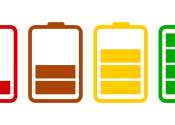Scavenger nanoparticles could make fuel cell-powered vehicles a reality
Engineers at the University of Illinois Chicago are among a collaborative team that has developed a material that could give fuel cell systems a competitive edge over the battery systems that currently power most electric ...
Mar 31, 2022
1
201









